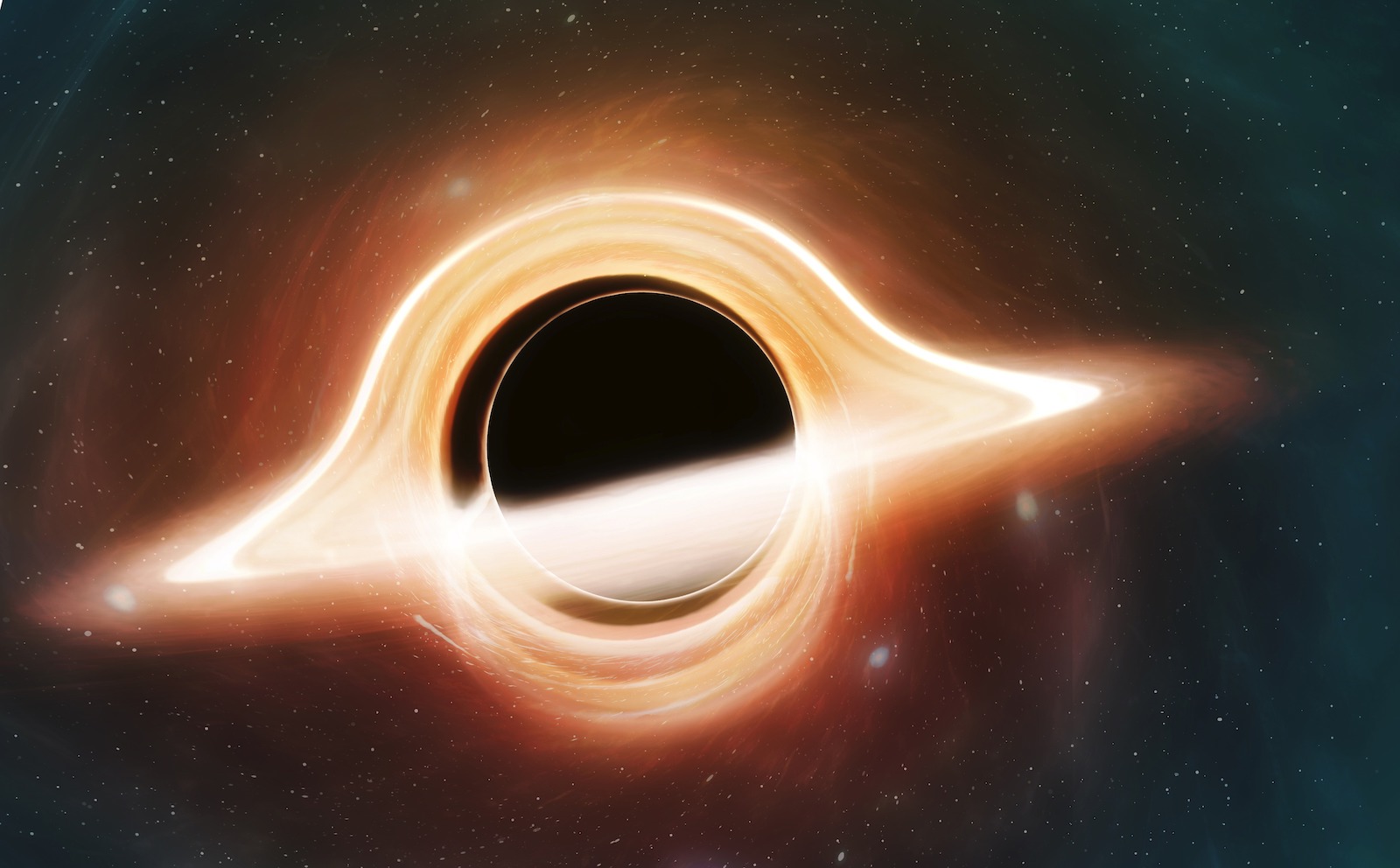What is the closest planet to the Sun in our Solar System?
Mercury
What is the name of an organism that eats only plants?
Herbivore
When you jump up, what is the invisible force that pulls you back down to the ground called?
Gravitational Force (Gravity)
What is the largest organ of the human body?
Skin
When a liquid changes into a gas, it is called?
Evaporation
What causes a solar eclipse?
The moon passes perfectly between the Sun and Earth
What is the variety of life present in an ecosystem known as?
Biodiversity
What is the name for particles of light?
Photons
How many bones are there in the human body?
206
What is the boiling point of water?
100°C
How long does it take light from the Sun to reach Earth?
Approx. 8 min
What is the name of the type of organism that can survive in water and on land?
Amphibian
What color of light contains ALL the colors of the visible spectrum?
White light
Where is food digested MOST in the digestive system?
Small Intestine
What is the common name for dihydrogen monoxide?
Water (H2O)
Why isn’t it possible to walk on Jupiter, Saturn, Uranus, or Neptune?
They don't have solid surfaces (they're made of gas)
An organism that survives by living and feeding on other organisms, but rarely kill them.
Parasite
What is then name of the scientist who created the formula e=mc2?
Albert Einstein
What is the powerhouse of the cell?
Mitochondria
What is the most abundant gas in Earth's atmosphere?
Nitrogen
What do scientists call the disk that encircles a back hole?
Accretion Disk
An organism that makes it's own food is called a...
Producer
What law states that "an object at rest will stay at rest, unless acted on by an external force"?
Newton's First Law of Motion (Law of Inertia)
What organ in the body produces insulin?
Pancreas
When a solid changes into a gas, it is called?
(Think dry ice)
Sublimation